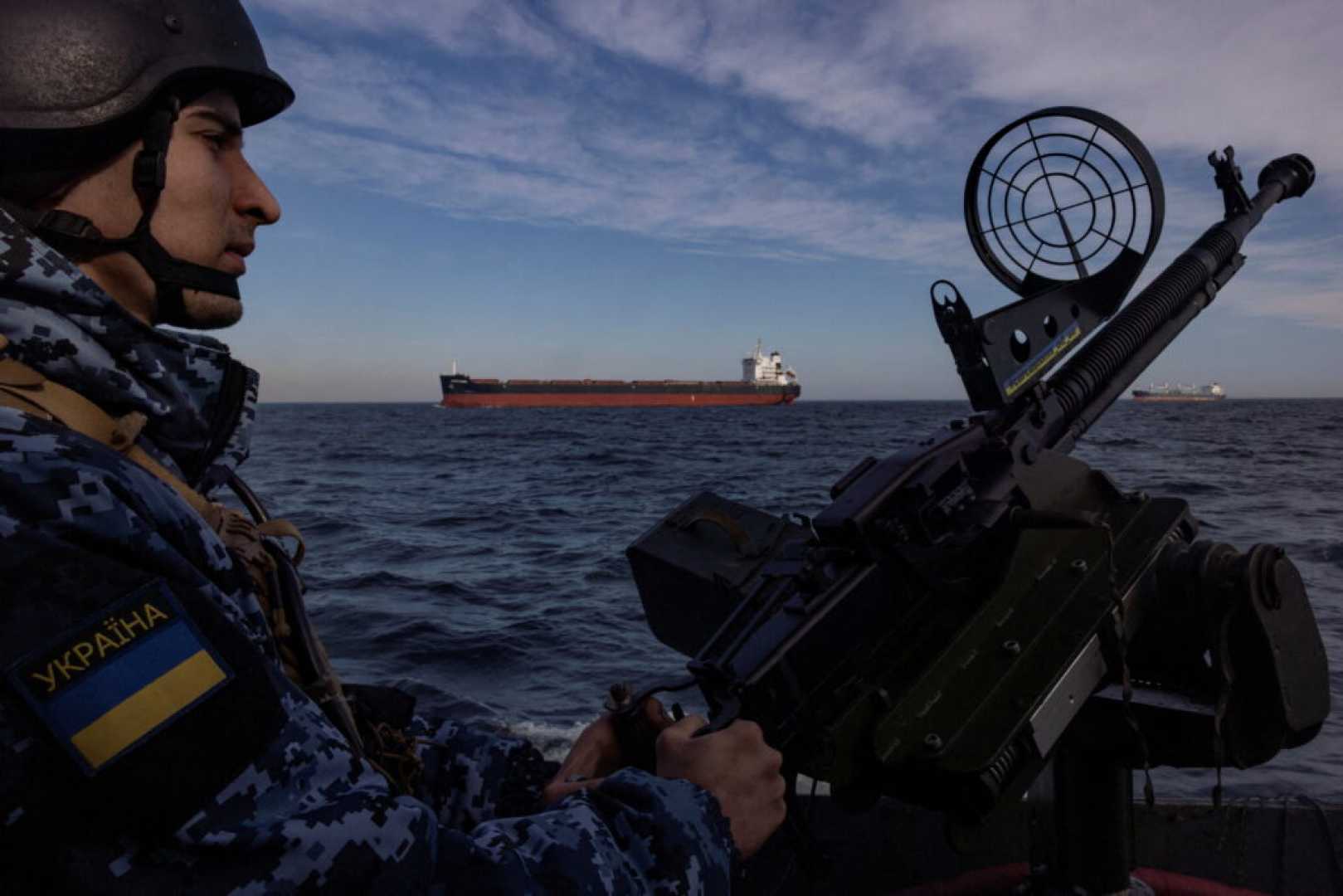World
U.S. Negotiates Maritime Truce Amid Ongoing Conflict in Ukraine

WASHINGTON/MOSCOW/KYIV, March 25 (Reuters) – The United States has reached separate agreements with Ukraine and Russia to halt military operations at sea and against energy targets, signaling a potential shift in the prolonged conflict. Announced on Tuesday, these deals mark the first formal commitments since President Trump took office, with the hope of easing tensions in the region.
The U.S. agreement with Russia is more extensive than the one established with Ukraine. It includes Washington’s commitment to help lift certain international sanctions on Russian agricultural and fertilizer exports, a long-standing demand from Moscow. Following the announcement, the Kremlin noted that the agreements would take effect only if some Russian banks were reinstated into the international financial system.
Ukrainian President Volodymyr Zelenskiy expressed concern over this condition, stating, “They are already trying to distort agreements and, in fact, deceive both our intermediaries and the entire world.” In his evening address, Zelenskiy insisted that the truce should not depend on sanctions relief.
Despite the fragile nature of these agreements, both Kyiv and Moscow have expressed skepticism about each other’s willingness to comply. Russian Foreign Minister Sergei Lavrov emphasized the necessity for “clear guarantees,” asserting that without directives from Washington, adherence to the agreements would be uncertain.
“We will need clear guarantees,” Lavrov said. “Given the sad experience of agreements with just Kyiv, guarantees can only come from an order from Washington to Zelenskiy and his team.”
Zelenskiy countered by stating that if Russia were to violate the deals, he would advocate for additional sanctions against Moscow and increased military support for Ukraine.
Both parties have accused each other of carrying out drone attacks in the hours following the announcements, but there have been no immediate reports of significant damage to targets in the Black Sea or energy sectors.
Trump, in an interview with Newsmax, acknowledged that Russia might be stalling any potential cessation of hostilities. “I think that Russia wants to see an end to it, but it could be they’re dragging their feet,” he said.
The agreements were facilitated after discussions in Saudi Arabia, reflecting ongoing diplomatic efforts to resolve the conflict that began with Russia’s full-scale invasion of Ukraine three years ago.
While initial optimism surrounded these developments, concerns linger over potential fallout. Zelenskiy has warned that conceding even slightly to Russia could undermine Ukraine’s security and aspirations for NATO integration.
The Kremlin has openly insisted that any maritime security agreement must involve a relaxation of sanctions, particularly concerning the Russian agricultural export bank’s links to the SWIFT international payments system.
In a separate statement, the British Foreign Office urged Russia to adhere to the full ceasefire proposed by Ukraine, expressing gratitude to the United States for its mediation efforts.
Overall, while these truce agreements signal a tentative step towards de-escalation, the path forward remains fraught with uncertainty as both nations maintain a wary stance toward each other.












